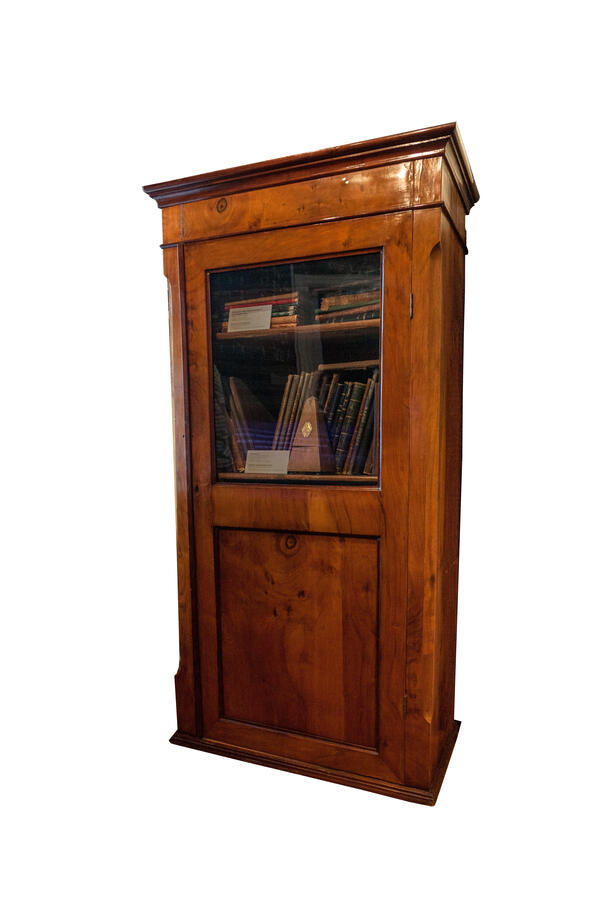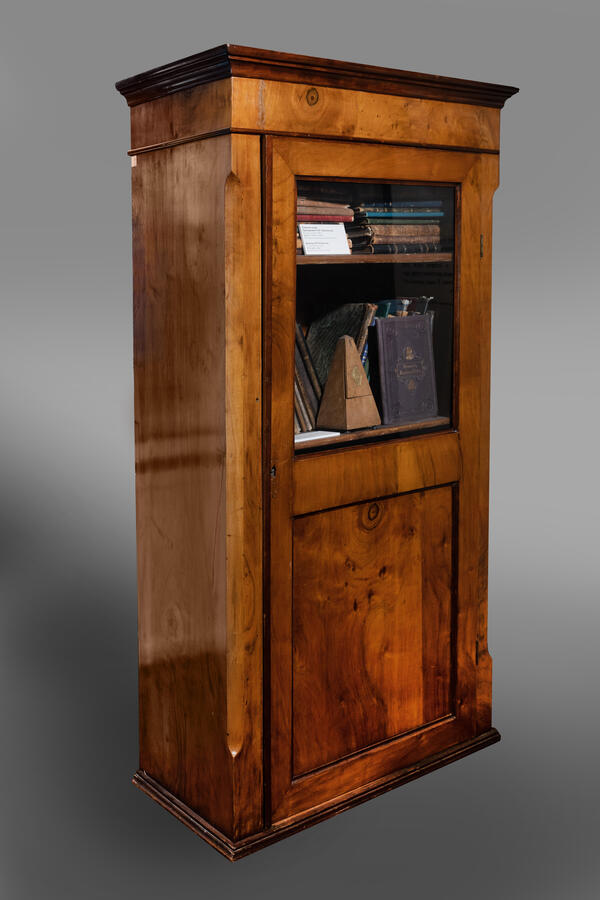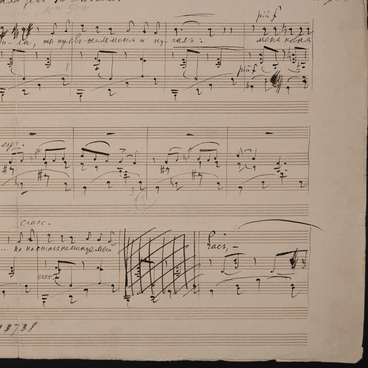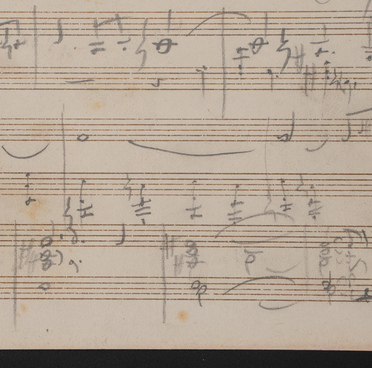Pyotr Ilyich Tchaikovsky always came to his sister Alexandra’s estate in Kamenka, carrying along his favorite walnut bookcase. He filled the lower shelves with music paper for work, and put books and new musical editions on the upper shelves.
Tchaikovsky’s need for reading, as he himself admitted, was constant. While invariably expanding his knowledge of new authors and works, he often returned to what he had already read: he found fresh ideas in familiar texts, rethinking them, and sometimes even radically changing his previous views.
His main focus was on Russian literature in all its diversity — from historical novels to the recognized masterpieces of Tchaikovsky’s contemporaries. The composer’s favorite authors were Pushkin, Lermontov and Gogol.
A true connoisseur of poetry, Tchaikovsky devoted a lot of his time to it, being well versed not only in styles, but also in versification techniques. The composer had many favorites among modern Russian poets, including Apukhtin, Maykov, Mei, Pleshcheyev, Polonsky, Ratgauz, Aleksey Tolstoy, Tyutchev, and Fet. They all were poetic co-creators of Tchaikovsky’s vocal compositions: romances, choral compositions, and operas.
Tchaikovsky was fortunate to be a contemporary of such pillars of Russian literature as Alexander Ostrovsky, Ivan Turgenev, Leo Tolstoy, Fyodor Dostoevsky and Anton Chekhov. His friendship and creative cooperation with Ostrovsky culminated in the opera “The Voyevoda”, the overture “The Storm”, as well as music for the spring fairy tale “The Snow Maiden”.
The composer highly appreciated Turgenev’s works, regularly read them at home, admired his novels and novellas.
Leo Tolstoy had a powerful ethical influence on Tchaikovsky — both with his literary works and philosophical and religious works.
His attitude towards Dostoevsky was complex. While recognizing and appreciating the genius of the Russian “soul scientist”, Tchaikovsky, nevertheless, spoke of antipathy to the writer, explaining it by elements of “morbidity”, “dreariness” and “hopelessness” in his works.
When it comes to Chekhov, Tchaikovsky saw him as one of the greatest figures in Russian literature even at an early stage of the writer’s career and predicted a great future for him.



